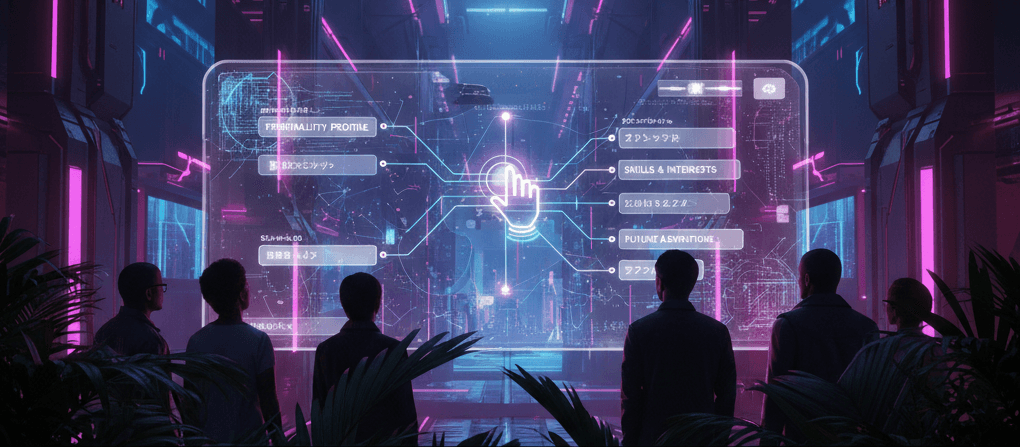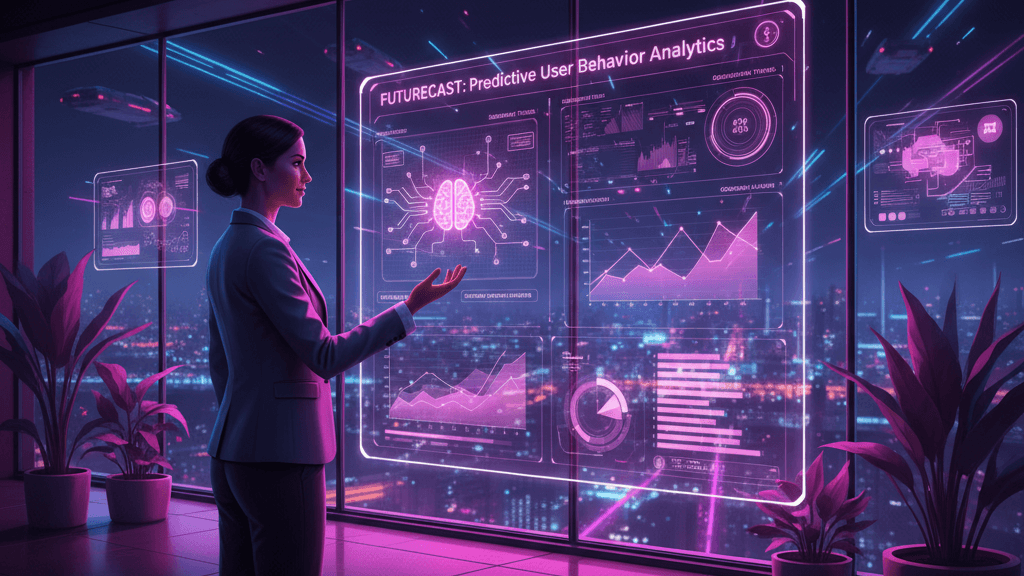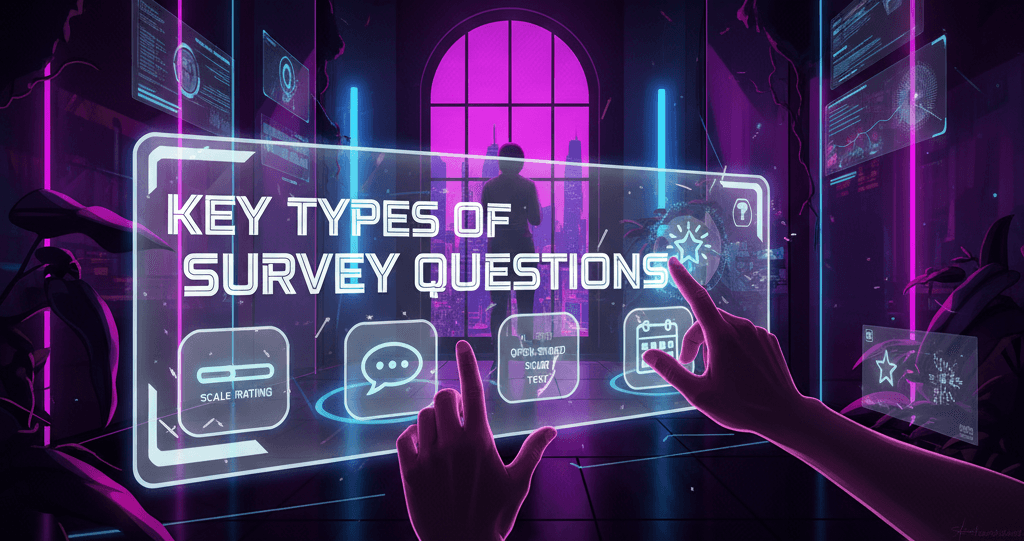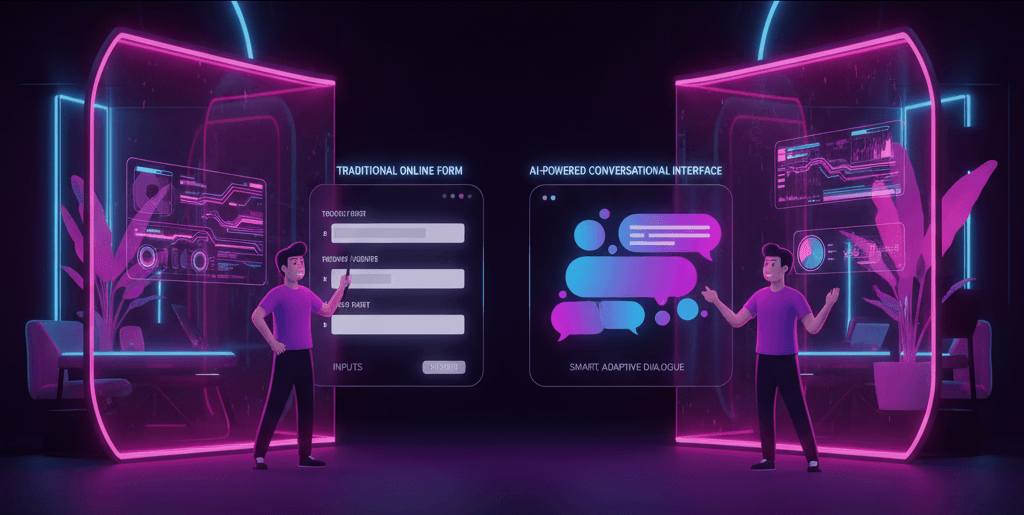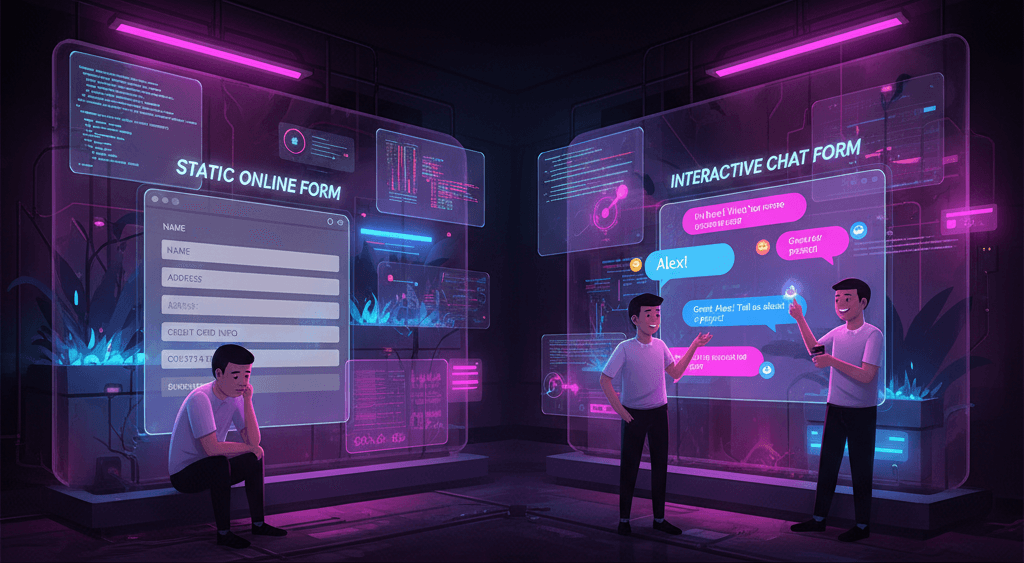In today’s digital economy, personalization is no longer a nice-to-have—it’s a strategic imperative. SaaS companies are under immense pressure to deliver tailored customer experiences that drive engagement, reduce churn, and increase lifetime value.
Traditional customer service models often fall short of these expectations due to scalability issues and limited contextual understanding.
AI customer service agents are changing the game. With advancements in natural language processing, machine learning, and large language models (LLMs), these intelligent systems can now deliver hyper-personalized support at scale.
From real-time onboarding guidance to predictive support and emotional intelligence, AI is redefining what “personalized” really means.
This guide provides a practical, in-depth roadmap for SaaS businesses seeking to leverage the power of AI to enhance customer interactions.
Why AI Agents Are a Game-Changer for SaaS
AI-powered customer service agents, especially those leveraging LLMs, represent a significant leap from rule-based chatbots. They understand context, learn from past interactions, and adapt in real time. Here’s how they stand out:
- Scalability with Consistency: AI agents can handle thousands of interactions simultaneously without losing quality.
- 24/7 Availability: They work around the clock, ensuring customers in every time zone receive timely support.
- Contextual Understanding: With access to CRM data and support history, AI agents can tailor responses based on a user’s profile and journey stage.
- Cost Efficiency: Reduced need for large support teams without compromising customer satisfaction.
- Multilingual Support: AI models can instantly translate and respond in multiple languages, expanding global reach.
AI agents are not just support tools—they’re brand ambassadors capable of delivering seamless, intelligent, and human-like interactions.
Actionable AI-Powered Personalization Use-Cases
SaaS companies can use AI agents in a variety of high-impact personalization scenarios:
- Real-Time Onboarding:
AI can guide users through product features based on their goals and usage patterns. For instance, an AI agent can detect that a new marketing manager is exploring automation tools and proactively offer a walkthrough or relevant documentation. - Upsell & Cross-Sell Opportunities:
By analyzing user behavior and account data, AI agents can suggest upgrades or complementary tools at the right moment, driving expansion revenue. - Predictive Customer Support:
Using behavioral signals, AI can detect when a customer is likely to face an issue or abandon a feature and offer timely assistance. - Agent Assist Systems:
Large enterprises like Comcast are using AI to assist human agents in real-time. The AI suggests responses, surfaces knowledge base articles, and provides next-best-action recommendations. - Hyper-Personalized Ticket Routing:
AI can analyze issue type, sentiment, and customer tier to route tickets to the most appropriate agent, improving resolution time and satisfaction.
Data Integration & Tech Stack: SaaS Best Practices
To unlock the full potential of AI personalization, a robust tech infrastructure is essential. Key components include:
- CRM and Helpdesk Integrations: AI should have seamless access to tools like Salesforce, HubSpot, Zendesk, or Intercom to fetch customer context.
- Knowledge Base and Product Data: AI agents should be trained on internal documentation, FAQs, and product manuals using retrieval-augmented generation (RAG) techniques.
- Unified Data Layer: A centralized customer data platform (CDP) helps unify behavioral, transactional, and engagement data for personalization.
- Privacy & Compliance Layer: AI must respect data regulations (GDPR, CCPA) by anonymizing PII, ensuring data consent, and offering audit trails.
A tech stack that supports real-time processing, fine-tuned LLMs, and secure APIs is vital for delivering meaningful AI-powered interactions.
Building a Phased Implementation Roadmap
Implementing AI for personalized customer support requires strategic planning. Here’s a phased roadmap for SaaS leaders:
- Discovery & Planning:
- Define objectives (e.g., reduce ticket volume, boost CSAT)
- Map key customer journeys
- Assess data readiness and identify integration points
- Pilot & MVP:
- Start with one or two high-impact use cases (e.g., onboarding or ticket triage)
- Monitor performance metrics (FRT, CSAT, deflection rate)
- Collect agent and user feedback
- Full-Scale Rollout:
- Expand use across support, sales, and success functions
- Implement training loops to improve model accuracy over time
- Set up dashboards to track key KPIs
- Governance & Monitoring:
- Conduct bias audits and ethical reviews
- Monitor accuracy, relevance, and tone
- Regularly retrain models with updated data
Human-AI Collaboration Framework
AI doesn’t replace human agents—it empowers them. An effective collaboration framework includes:
- AI-Led Interactions: For low-complexity, high-frequency tasks like password resets or usage FAQs
- Agent-Assist Mode: AI supports human agents with real-time recommendations and summaries
- Escalation Protocols: Clearly defined workflows for when to pass interactions from AI to humans
- Training & Change Management: Equip staff with the skills and confidence to work alongside AI systems
The result is a hybrid model that delivers speed and empathy at scale.
Ethical, Privacy & Bias Considerations
As AI becomes more integrated into customer interactions, ethical considerations grow:
- Consent & Transparency: Inform users when they’re engaging with AI. Offer opt-outs where appropriate.
- Bias Monitoring: Regularly test AI for bias across demographics, language, and sentiment interpretation.
- Explainability: Ensure that AI decisions (e.g., routing, escalation) can be understood and audited.
- Emotion Sensitivity: AI can be trained to detect frustration, confusion, or joy, and adapt responses accordingly.
SaaS businesses must prioritize trust and transparency to ensure AI adoption enhances the customer relationship.
Future-Proofing: Trends & Predictions
Looking ahead, several trends will shape how SaaS businesses use AI for personalization:
- Persistent Agents in Messaging Platforms: AI agents embedded in Slack, WhatsApp, and Teams for continuous support
- Proactive Personalization: Predicting needs before they’re expressed, using historical and real-time data
- AI Co-Pilots for CX Teams: Tools that help managers analyze support trends, coach agents, and spot churn risks
- Voice & Video Integration: AI agents will soon handle voice calls and video chats with contextual intelligence
Staying ahead of these trends means investing in flexible, scalable AI infrastructure today.
Conclusion & Action Steps
AI customer service agents are reshaping how SaaS companies personalize customer interactions. By integrating the right tools, implementing phased rollouts, and respecting ethical boundaries, businesses can deliver scalable, high-touch support experiences that delight users and drive growth.
Quick Start Checklist:
- Identify top personalization use cases
- Audit current data and integration capabilities
- Choose a reliable AI partner/platform
- Pilot, measure, and iterate
- Prioritize transparency and trust
Personalized customer service is no longer optional. With AI, it’s now scalable, intelligent, and more powerful than ever.




